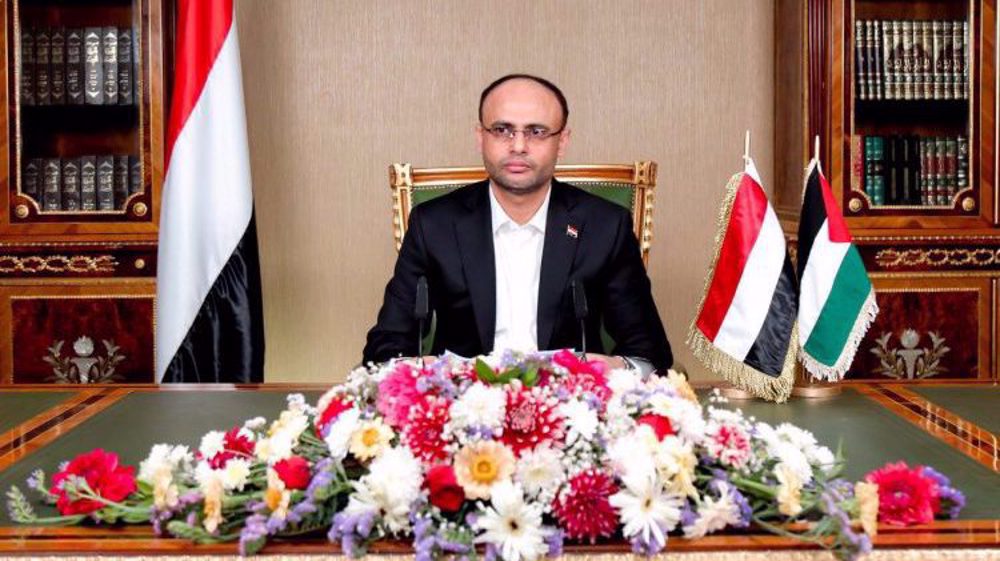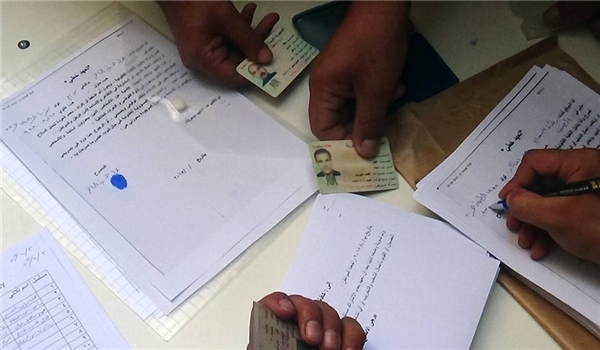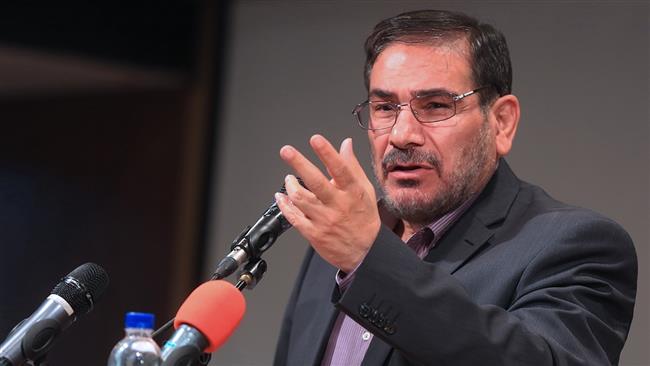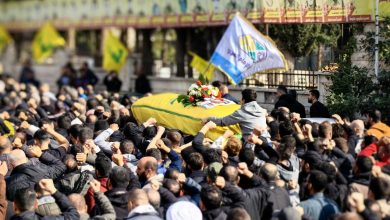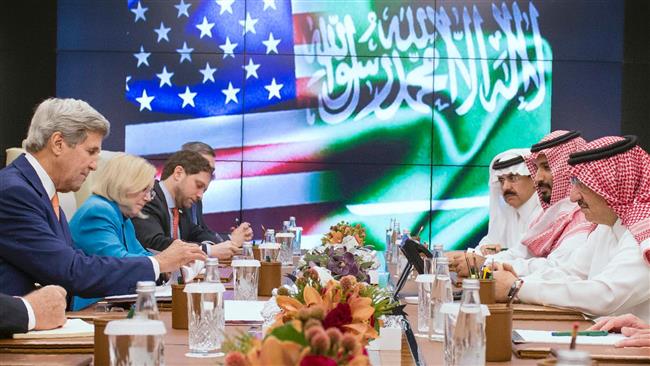Yemen’s Ansarullah ‘optimistic’ about success of Omani mediation in Saudi peace talks
Yemen’s Ansarullah resistance movement has expressed optimism about the success of Oman’s mediation in resolving differences between Sana’a and Riyadh, calling on Saudi Arabia to take practical steps towards restoration of peace after eight years of war.
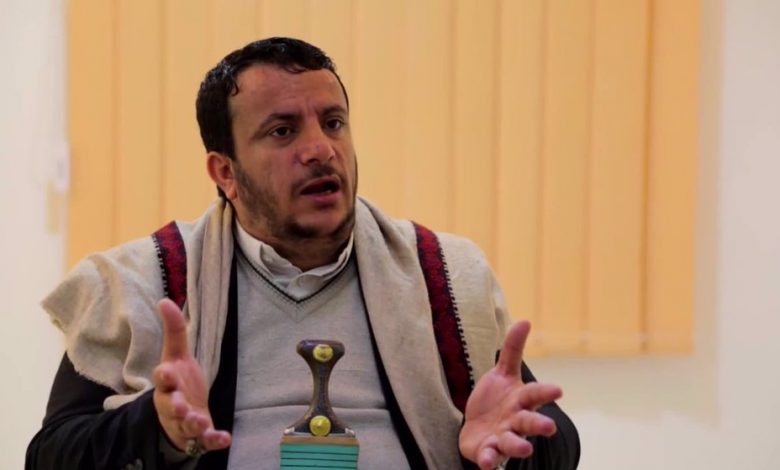
Ali al-Qahoum, a member of Ansarullah’s political bureau, made the statement in an interview with Lebanon’s al-Akhbar newspaper on Wednesday as he pointed to the peace efforts in Yemen since a shaky ceasefire agreement took force one and a half years ago.
“We are still optimistic about the success of the Omani mediation and [coming to] an understanding with Saudi Arabia,” Qahoum said.
“We advise Riyadh to proceed with the implementation of the peace steps, get out of the American and Western mantle [of support], and break the restrictions that impede the achievement of peace in Yemen as this represents a mutual interest for the two countries in view of the changes and the new realities of Yemen,” he added.
The Ansarullah official said instead of aggression and war, the most effective way to reach a sustainable peace that benefits everyone is to take into account the neighborly ties and interests and improve the equal relations between the two countries.
Qahoum warned about the repercussions of Saudi Arabia’s continued aggression, blockade and the slowdown in implementing humanitarian measures, stressing that the military equation in Yemen has changed dramatically after eight years of war.
“The countries of the coalition of aggression must realize that the security and stability of Yemen is part of the security and stability of the region,” he said.
Qahoum stressed that an end to foreign interference and colonial domination, withdrawal of foreign forces, reconstruction and reparations to victims are the demands of all the Yemeni people.
Asked about the current status of the western Yemeni port of Hudaydah and Sana’a airport, the member of Ansarullah’s political bureau said the two crucial sites are still under siege.
“The issue of partial entry of some ships into the port of Hudaydah , and a small number of flights to and from Sana’a airport, do not meet the needs of the Yemeni people,” Qahoum said.
“These are the rights of the Yemeni people … all the Yemeni people benefit from them, and they are among the basics on which the truce, de-escalation and humanitarian files were built,” he added.
Oman has been making efforts to help reach a permanent ceasefire deal and establish convergence between Sana’a and Riyadh to materialize the Yemenis’ aspiration for an end to the aggression and the expulsion of foreign mercenaries.
Last month, Mahdi al-Mashat, the head of Yemen’s Supreme Political Council, said Washington is sabotaging efforts aimed at establishing calm across the country while representatives from warring parties as well as regional and international actors strive toward ending the years-long conflict.
Mashat also warned the Saudi-led war coalition, backed by Washington, against the continuation of the war and blockade against Yemen, saying, “The deprivation of the Yemeni nation of their assets cannot continue unanswered and without any accountability.”
Saudi Arabia initiated a brutal war of aggression against Yemen in March 2015, enlisting the assistance of some of its regional allies, including the United Arab Emirates, as well as massive shipments of advanced weaponry from the US and Western Europe.
The Western governments further extended their political and logistical support to Riyadh in their failed bid to restore power in Yemen to the country’s former Saudi-installed government.
The former Yemeni government’s president Abd Rabbuh Mansur Hadi, resigned from the presidency in late 2014 and later fled to Riyadh amid a political conflict with Ansarullah. The movement has been running Yemen’s affairs in the absence of a functioning administration.
The war further led to the killing of tens of thousands of Yemenis and turned the entire nation into the scene of the world’s worst humanitarian crisis.
